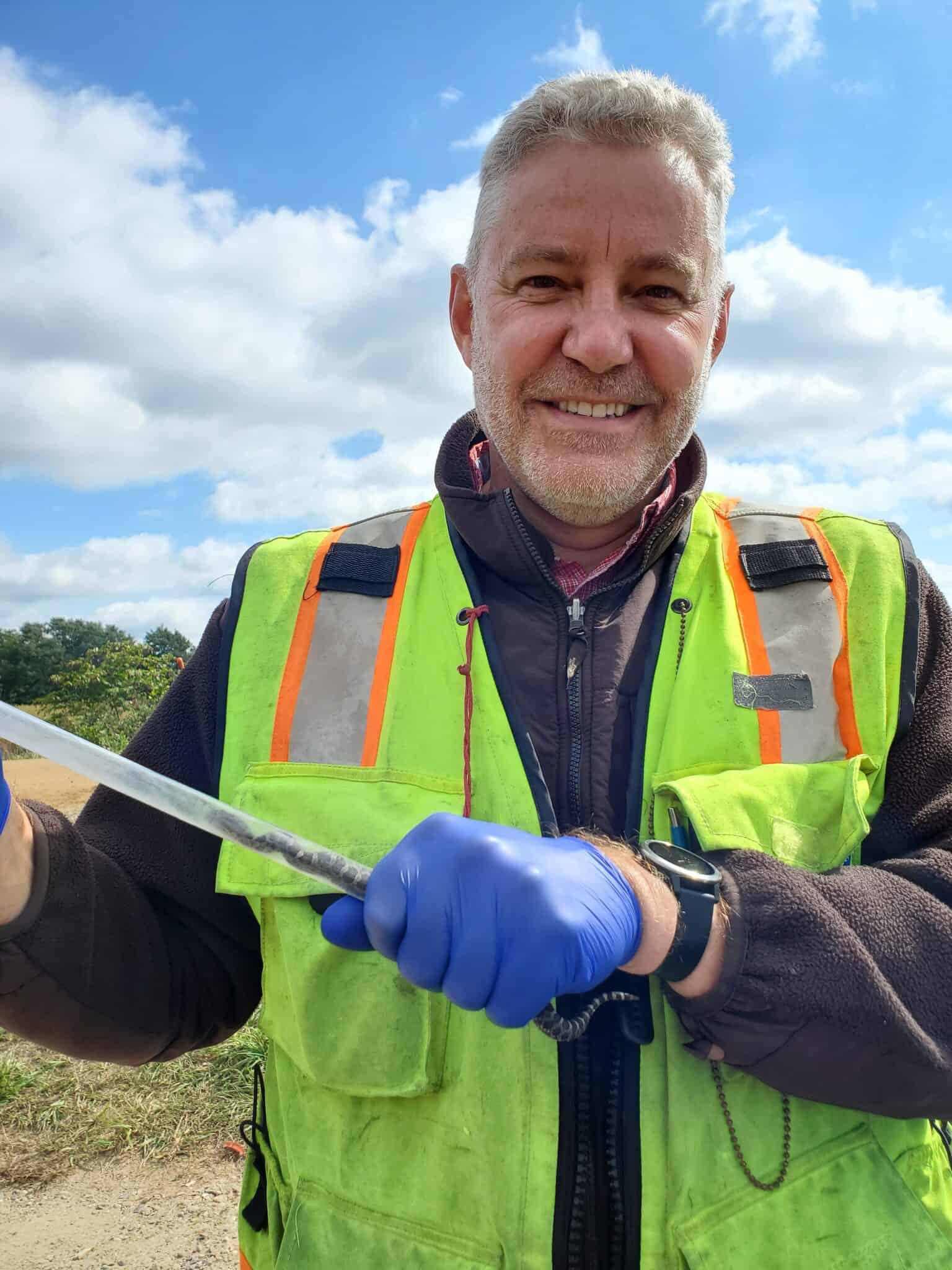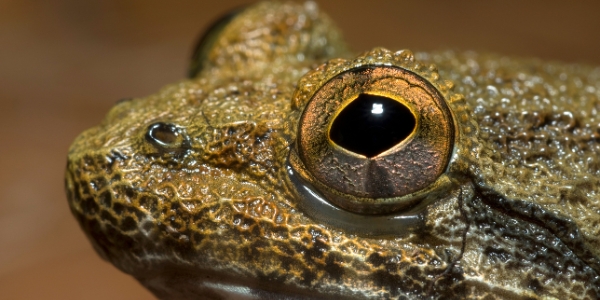Gary Roloff wins Caesar Kleberg Award
To make a difference in forestry and wildlife management, you really need to understand how the whole ecosystem

works. For the last three decades, that’s exactly what TWS member Gary Roloff has set out to do.
When the 2024 winner of the Caesar Kleberg Award for Excellence in Applied Wildlife Research worked for the forest products industry during the early part of his career, foresters would often ask him what could be done to improve land stewardship responsibilities while logging. Roloff, an EEB core faculty member, would often tell them to increase structural complexity by keeping some snags, downed wood or uncut forest patches on the landscape to maintain some aspects of wildlife habitat. However, when asked how many and where these features should be retained, Roloff didn’t have a clear answer.
After decades of research on the relationships between forestry and wildlife, Roloff is much closer to answering these questions.
His work in this vein really began with his graduate studies, when he designed a tool that could help the U.S. Forest Service make ecology-driven decisions on forestry management.
Throughout his career, he continued working on the forestry-wildlife topic with state agencies, private forestry companies and organizations, natural resource programs in Tribal governments, and Michigan State University, where he still conducts research and teaches today.
“Gary is excellent in his ability to design and implement research that is rigorous while keeping focused on the ability to apply the results,” said Darren Miller, a TWS member and past president of The Wildlife Society.
One of the achievements Roloff is most proud of in his career involves what he calls “the big northern hardwoods project.” This research, which started in 2016, involved a close partnership with the Michigan Department of Natural Resources, private forest companies, the National Council for Air and Stream Improvement, and Michigan State University. The project represents one of the largest manipulative forestry-wildlife studies in North America and focuses on how to regenerate diverse northern hardwood communities after timber harvest in the face of abundant deer, historical management legacies, climate change, and increasing impacts from insects and disease.
“Once my part of the hardwoods project is wrapped up, I’ll be ready to retire,” Roloff said.
His career—which isn’t over yet—already involves over 70 peer-reviewed publications, a number of chapters in published books and co-editing an award-winning book. He’s also mentored dozens of graduate students throughout his time at Michigan State University.
The Caesar Kleberg Award will be presented to Roloff in October at TWS’ 2024 Annual Conference in Baltimore, Maryland. “I was really surprised and humbled to be named,” Roloff said. “It’s super gratifying to get recognition that the work you’ve been doing for 30 years has made a difference in a positive way.”
Many of his colleagues, collaborators and peers agree. “Gary embodies the excellence, professionalism and creativity needed to advance applied research to address the many pressing needs of wildlife managers, practitioners and conservationists,” his colleagues wrote in his nomination letter for the award. “Gary has prioritized conducting research that is informative, valuable and makes a difference for collaborators conducting on-the-ground management.”
Read the full story in the Wildlife Society.



